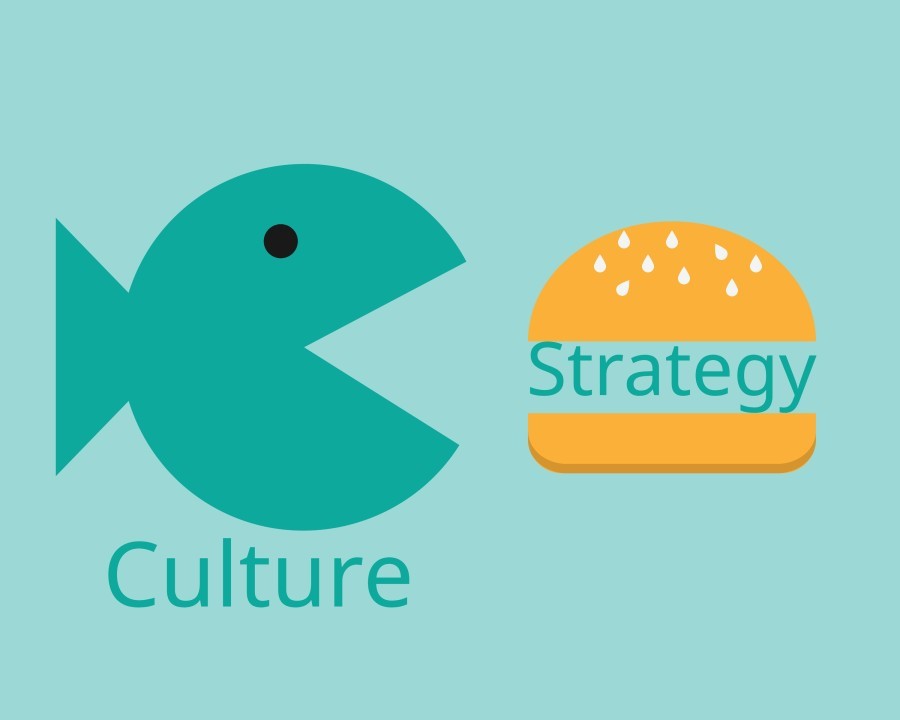“Data is all the rage.” Talking about kicking off with a platitude. Well, is it? On a daily basis, I hear so much talk about the value that data can bring to organizations while I see many of them still struggling with the basics. I see operations teams building dashboards for the sake of the visual or sales leaders engaging with their CRM provider to see how they can leverage the platform data in better ways – without understanding the purpose(s) these data should serve.
One golden advice: if you’re just starting out, it might be good to think about a data strategy. I hear you all thinking: “listen to that guy, we already have that!” Truly? If I would come over for coffee, and I’d ask if I could look into the data strategy – would you be able to provide me with an actual document or at least a PowerPoint? In many cases, the answer would be: “it is in our heads.” Sure, a strategy that resides in something as volatile as a person’s head doesn’t sound like much of a strategy to me. “Start-writing-things-down.” But let’s take a step back.
Why Would You Need a Data Strategy (yes we copied this subheading, it’s on purpose)
McKinsey, Bain (continue the list of high-end management consultancies) have provided us with convincing data (haha, pun intended, you’re a data nerd or you’re not right) that show clear correlations between having a sound data strategy in place and financial positive returns in the form of lower costs, higher returns and smoother processes. McKinsey was even as bold as saying that having a data strategy in place is even more important than getting manager buy-in to ascertain success in the data and analytics space. A long term “data guru” and senior consultant Reid Colson also mentioned that getting an answer to the question “why need a data strategy” is potentially the most valuable thing you can do before launching further data initiatives.
“There is no such thing as “doing AI” successfully without embedding it in a clear data strategy. Merely unleashing powerful pattern-seeking CPUs is just as useful as trying to capture lightning in a bottle.”
So, developing a data strategy is important as it holds as a foundation for all the “fun stuff” that follows. Monica Rogati (2017) used a powerful visual to support that fun stuff. With a wink to our dear friend Maslow, she launched the “data science hierarchy of needs” pyramid.

With my own wink to Covey, I’d say “start with the end in mind.” What are the business goals you’d like to attain? This is critical, it also means a data strategy cannot exist without a business strategy (hopefully, that one at least is written down). It also means that a good data strategy should define:
- Which values the organization wants to extract from the data
- Which elements need to be in place to extract these values
- Which steps need to be made to ensure successful implementation of the data strategy
Counting all of the former together boils down to the basic definition of a data strategy as “a comprehensive method to employ data and analytics to drive critical business objectives.”
As developing a data strategy can sometimes feel as “part art, part science,” we can provide you with the right expertise to get going and start harvesting the benefits that can be unlocked through data.



